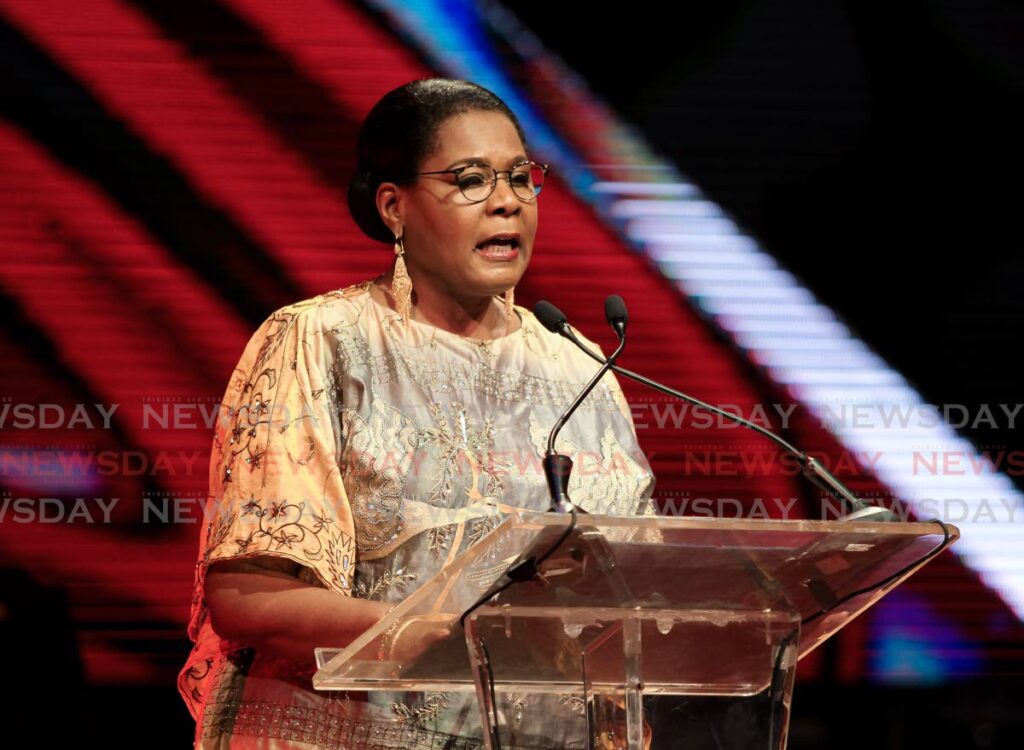Presidential limits

FORMER PRESIDENT Paula-Mae Weekes’s call on Sunday for the presidency to be imbued with investigatory power when it comes to vetting candidates for appointment to public office, as well as her report on her experiences with social media relating to same during her tenure, points in a graphic way to the limitations of this constitutional office.
Mere days after this country’s seventh Head of State, Christine Kangaloo, took up the mantle, Ms Weekes, in a pre-recorded radio interview, called for the President to have greater powers when it comes to doing the checks that should be done before appointments.
“If the President had a mechanism where certain checks could actually be made…then it would help the President have a clearer picture,” she said. “To me, that would be the biggest of the things that should be done.”
Ms Weekes is not the first to observe the limitations of the role. Her predecessor, Anthony Carmona, famously warned upon his 2013 inauguration, “Powers you think I have, I do not.” Justice Carmona went on to assert, in both word and deed, that the president was also more powerful than recognised.
Other presidents have also affirmed the office’s limitations in the breach, troubling constitutional experts by delaying appointments or exercising personal discretion in ways that arguably opened them to allegations of departing from common-law principles.
Ms Weekes’s call, however, confirms the longstanding perception of fetters to the resources available to the office.
Time after time, and scandal after scandal, it has been suggested that part of the problem with the way some appointments have been made relates to inadequate vetting.
For example, appointments to the Integrity Commission have very frequently triggered concerns about a paucity of checks.
The former president not only confirmed that the office relies on informal inquiries, but also depends on the consultation process with a prime minister and a leader of the opposition.
Additionally, Ms Weekes laid bare the fraught nature of discourse about appointments on social media that occurred during her tenure.
It is no surprise that the internet has made space for all manner of vitriol, including racism, but the former justice of appeal appears to have been taken by surprise over the intensity of that vitriol, at a moment when the world is more virtual than ever and is struggling to figure out how to regulate social media spaces like TikTok.
All of this is directly related to the issue of the relevance of the presidency in this day and age. If a president is to be a vital part of the governance landscape, then the office needs to be imbued with powers that would allow it to fulfil its mandate of serving the people.


Comments
"Presidential limits"